Question
(could you please verify the project work and correct the mistakes made) Navigating Rent Fluctuations: A Study of Vancouver's Rental Market Dynamics Introduction Purpose and
(could you please verify the project work and correct the mistakes made)
Navigating Rent Fluctuations: A Study of Vancouver's Rental Market Dynamics
Introduction
Purpose and Objectives of the Project.
With housing costs rising alarmingly, Canada has been struggling with an increasing rental crisis in recent years. This situation is about more than just rising numbers; it is about how average Canadians' lives are being severely impacted. The project displays the increasing cost of housing in Canada in the last few years. A news source states that rent in Canada went up by $2,149, an 11% increase over the previous year (Cbc.ca, 2023). Renters now face several difficulties because of this increase, especially in large cities like Toronto, Vancouver, and Calgary. To understand the complex web of circumstances causing this crisis, we will investigate several microeconomic principles as we dig further into this problem.
The objectives of these projects are as follows:
- To understand the main reason behind the rise of housing in Canada
- to identify some of the microeconomic issues impacting the rise of house rent in Canada.
- To elaborate on the challenges faced by Canadian citizens to the rise of living costs due to certain rent hikes.
- to suggest some mitigation strategies based on economic thinking to address the issue raised in this article.
Detailed overview of the microeconomic issue to be analysed
The microeconomic problems Canadians face, such as the rising cost of renting a house, are briefly identified and examined in this analysis. According to Baqaee and Farhi's (2019) observations, a sudden escalation in economic problems, like increasing living expenses and declining wages, has an adverse effect on a nation's GDP (Gross Domestic Product). Rent hikes are a microeconomic problem in Canada that directly affects GDP.
Relevance of choosing the news article
A summary of the microeconomic challenges affecting Canada, such as rising rent, has been studied by analysing various news articles. Under the headline "Average rent went up another 11% in the past year and even getting a roommate doesn't help much," a CBC News article goes deep into the matter (Cbc.ca, 2023). On the other side, a relevant article called Global News explores the same topics to reduce rental challenges and enhance affordability (Lobalnews.ca, 2023). This project looks at information from CBC news articles regarding the rise of the price crisis. This article provides a summary of the rise in rent. REASON
Many factors can influence the increasing average rent in Vancouver. From my perspective, there are some common reasons for this, which can quickly be listed, such as high demand for renting, limited supply, economic factors, and market conditions,... In addition, the weather and climate in Vancouver is alsoastrong attractive factor for people to choose to come here to study and work, which causes a lack of housing supply and, therefore, prices. increased uncontrollably in recent years.
- High demand for renting: related to a massive number of international students, workers, and immigrants that increase dramatically every year to Vancouver.Besides that, strong demand for rental housing in Vancouver due to population growth, job opportunities, or other factors, landlords may be able to charge higher rents.
- Limited supply: Although thousands of people immigrate to Vancouver yearly, housing conditions here are still limited, with old housing structures with few rooms and facilities that do not meet living conditions, moreover, due to its geographic constraints, such as mountains and bodies of water. This will limit the housing supply and can drive up rents, especially in widespread neighborhoods.
- Economic factors:property investors may set higher rental pricesto maximize their income when they anticipate strong returns, as is the case with low interest rates.
- Market conditions:The overall real estate market conditions can play a significant role in rent fluctuations. If the house values increase, landlords might raise rents to reflect the perceived increase in property value.
SOLUTION
Addressing rising rents in Vancouver often requires a multi-faceted approach involving various stakeholders, including government, developers, landlords, and community organizations. Here are some solutions from my point of research:
- Affordable housing programs: involving government contributions and non-profit organizations can invest heavily in the construction of apartment buildings or renovate old-style housing designs by reducing the excess area around the house to create more room. housing for immigrants. At the same time, it creates conditions for landlords to change the house structure to have more rooms for rent or offer a lower tax for the landlord along with measures to avoid arbitrarily increasing rent.
- Housing Vouchers: Provide housing vouchers or subsidies to low-income individuals and families to make it easier for them to afford housing.
- Mixed-Use Zoning: Promote mixed-use zoning, which permits both commercial and residential construction in the same places and can aid in creating more reasonably priced housing options.
- Long-Term Planning: To prevent unexpected rent increases, create long-term housing plans that take future population growth and housing requirements into account.
II. ABOUT THE TEAM The profile variety of this team ensures that a wide spectrum of expertise that is used to address the multidimensional aspects of the current housing situation in Canada. This approach is crucial because it enables us to approach the problem with a holistic perspective. Our team members bring varied skills and insights to the table, which collectively enhance the quality of the analysis. Mission: To analyse and provide insights in Canadas current housing situation with expertise and leveraging actionable recommendations or solutions. Coordinator: Maria Adelaida Bonilla, a corporate communications professional, and Project Manager, serves as the coordinator of our team. As the coordinator, Adelaida plays a pivotal role in leading and guiding the team's efforts.
Our team's strength lies in its diversity. Each member, with their unique background and expertise, contributes different viewpoints and perspectives on the housing situation in Canada. This diversity allows us to examine the issue comprehensively, considering a wide range of factors and angles. This enriches our analysis and ensures that our recommendations are well-rounded, addressing the multifaceted nature of the problem. Our team's diversity empowers us to provide a more thorough and nuanced understanding of the current housing situation in Canada.
-
III. Microeconomics concepts and theories.
In this topic we are going to introduce you to some microeconomics concepts that we will be applying in this analysis:
- Demand and supply: The basic understanding of demand and supply in microeconomics is particularly important to understand the fluctuation of rent prices in the market. There is very little accommodation available in the cities and we can see an extremely high demand for housing. The increase in demand without any increase in supply increased rent prices.
- Price elasticity of Demand: The price elasticity of demand can affect how much people are willing to pay and able to pay for housing during the housing crisis when demand is high. People with high price elasticity may be more price sensitive, which can influence their choice to look for other viable options.
- Consumer Choice and Preference: Microeconomics analyzes how people make choices depending on their preferences, restrictions, and available alternatives. Due to the increase in rent price, many are choosing shared accommodation as their option.
- Government intervention and law:Microeconomics examinesthe role of government laws and regulations in the market which can influence individual behavior and decisions in the market. For example: Rent control policies, interest rates, mortgages, etc.
IV. News Article Overview
Let us understand the key points of the news article:
- Average rent in Canada rose by over 11 % in September compared to the previous year, reaching $2,149.
- Toronto is one of the most expensive cities for renters, rents are up by 4.9 %, but the pace of increasing rent has slowed recently in Ontario by 0.2 %.
- Shared accommodations are on the rise with a 27% increase in listings across Canada, and 78% in Ontario.
- The average national asking price for a shared accommodation unit is $944 per month, an 18 % increase from last year.
- It is even worse in Vancouver, where rent rose by 10 % over last year.
- The average rent also rose in Calgary by more than 13 %.
- Individuals and families are facing challenges in affording rent and moving to other places for other options.
Microeconomics studies how individuals make choices in response to changes in price and with resources available. This news article rental crisis in Canada is relevant to microeconomics because we can use key microeconomic concepts such as demand and supply, consumer choice, and government intervention which helps to analyze and understand the market complexities of the rental crisis in Canada.
V. Analysis using Microeconomic Concepts
According to the survey received from Statista [1]. 53% of people owned the house and the other 47% of the people lived in rental houses. The article published by CBC News [2] sheds light on the increasing rental price of apartments. According to micro economy below are the factors affecting the price of the rental.
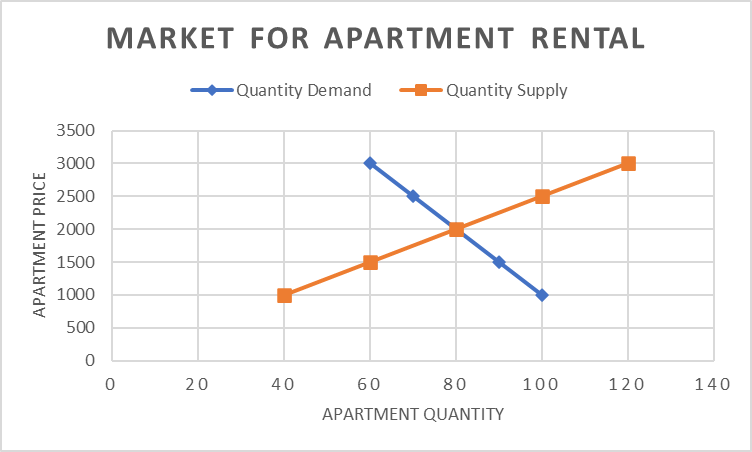
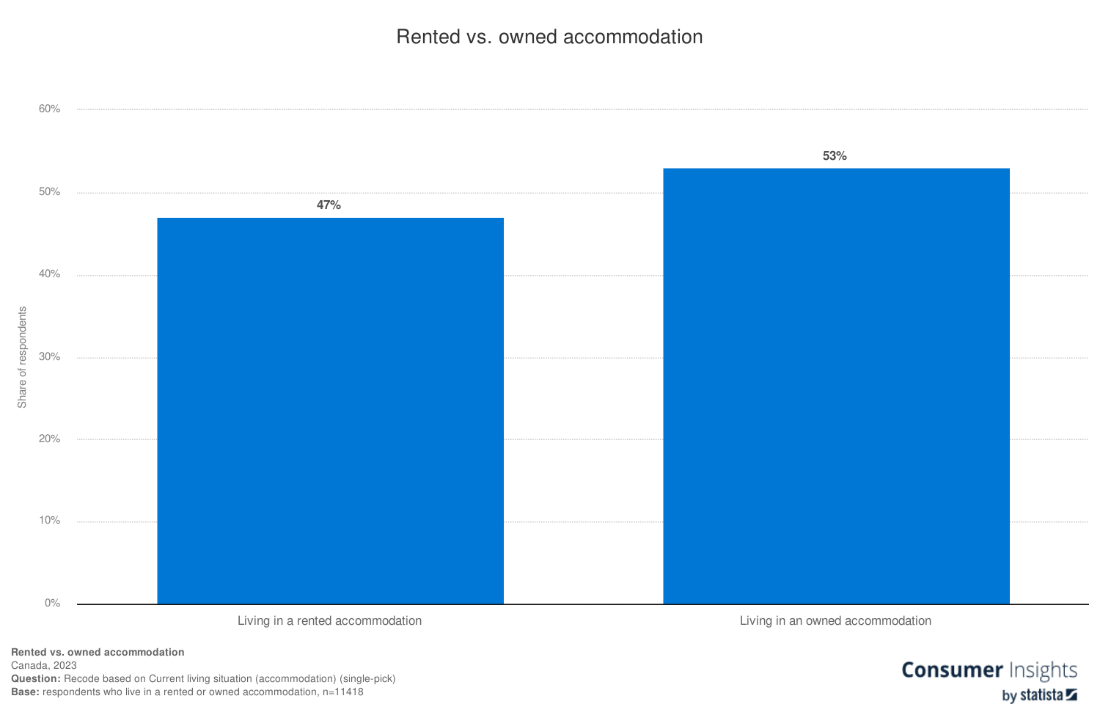
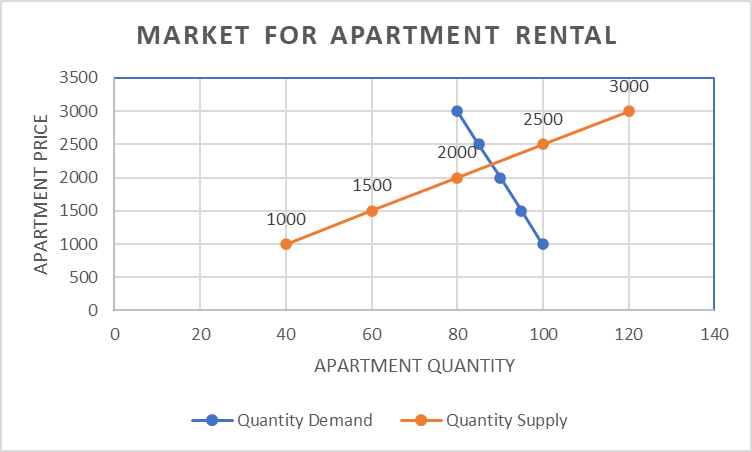
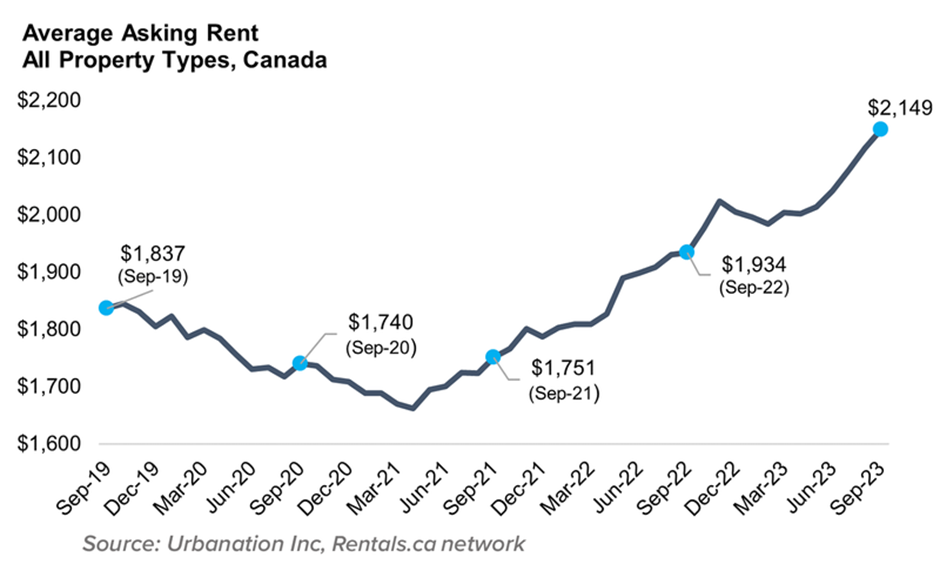

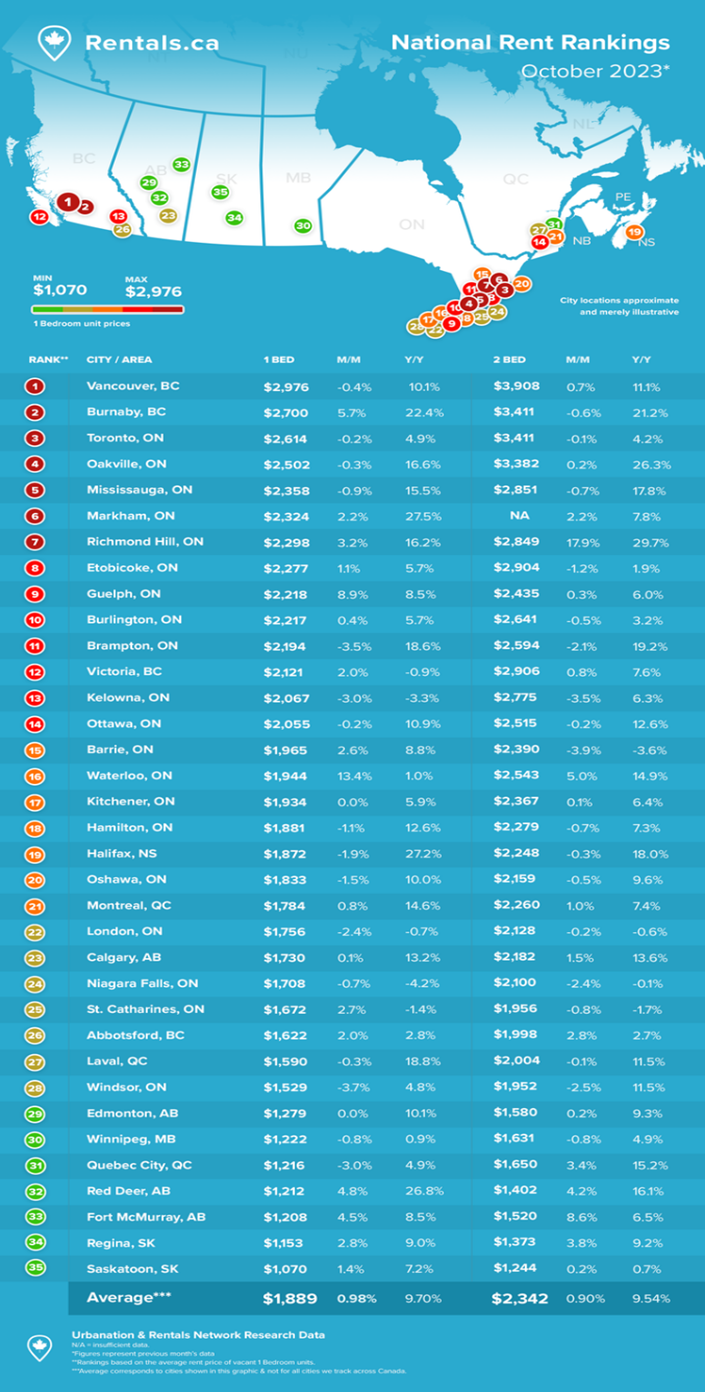
Step by Step Solution
There are 3 Steps involved in it
Step: 1

Get Instant Access to Expert-Tailored Solutions
See step-by-step solutions with expert insights and AI powered tools for academic success
Step: 2

Step: 3

Ace Your Homework with AI
Get the answers you need in no time with our AI-driven, step-by-step assistance
Get Started


